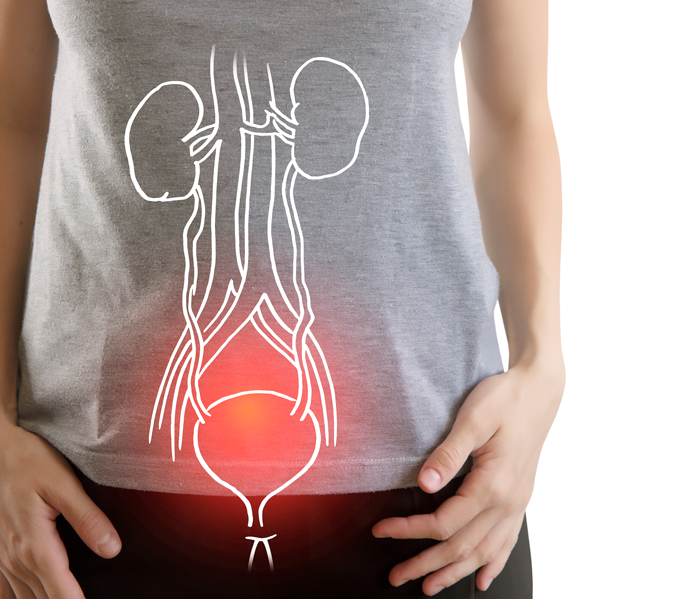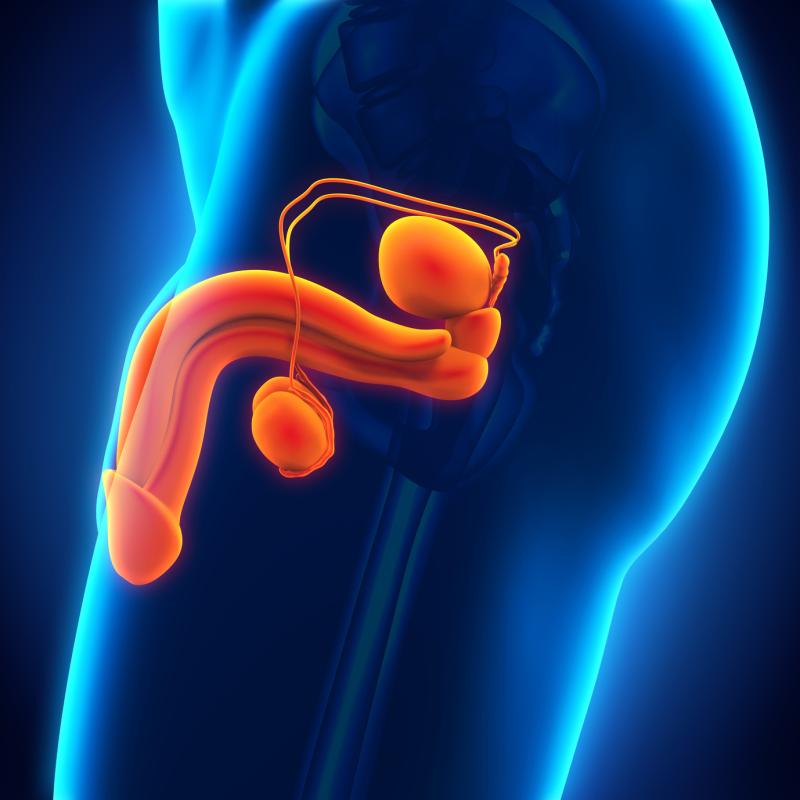Persistent Urinary Tract Infection
It refers to long-term and recurring infections. Urinary tract infections are bacterial infections that affect the urethra, bladder, or kidneys. impotent urinary tract The infection is successfully controlled with antibiotic treatment. However, in some cases, urinary tract infections can recur or become persistent. It can be an uncomfortable and painful condition for patients.
It can lead to serious complications. People who suffer from recurring infections should cooperate with a healthcare professional. This way, appropriate treatment and necessary precautions can be taken to prevent recurrence of infections.
Congenital or acquired anatomical abnormalities disrupt the function of the urinary tract. It may cause urine to be retained in the body or flow back. These conditions increase the risk of recurring symptoms.

Causes of Persistent Urinary Tract Infection
persistent urinary tract infection The reasons may vary depending on many factors. Bladder problems can lead to the bladder not being able to empty properly. Bladder stones can cause blockages that make it difficult to clear the entire bladder and cause recurrence. A weak immune system can make the body more vulnerable to infections.
Conditions that cause immune system problems may include HIV/AIDS, diabetes, and cancer treatments. Sexual activity may facilitate the entry of bacteria into the urethra, increasing the risk. The risk may be higher after sexual activity, especially in women. Bacteria that cause urinary tract infections can develop resistance over time. This may be a factor that causes recurrence.
Conditions that block urine flow, such as an enlarged prostate or urinary tract obstruction, can increase the risk of disease. While urinary tract catheters help drain urine outside the body, they can also increase the risk of infection.
Symptoms of Urinary Tract Infection in Men
Although it is generally less common in men than in women, it can be a serious health problem. It is a bacterial infection that affects the urethra, bladder, or kidneys. Symptoms may vary from person to person. One of the most common symptoms is urinary urgency. One of the symptoms may be a burning or painful sensation.
It is usually a typical symptom of infection. Men with infections may need to urinate more frequently than normal. However, as the amount of urine decreases, they can only produce very little at a time. Men with symptoms may begin to feel a sudden need to urinate. They may have difficulty reaching the toilet. Another symptom is cloudy or bloody urine.
It can indicate the severity of the infection. In men, symptoms may sometimes be mild and patients may not be aware of the infection. However, in severe cases, complications such as kidney infections can occur. Therefore, when symptoms are suspected, a healthcare professional should be contacted.
Harms of Persistent Urinary Tract Infection
persistent urinary tract infection If left untreated, it can cause serious health problems. If infections continue for a long time, it causes various harms. may damage the kidneys. If a urinary tract infection reaches the kidneys, it can lead to kidney infections. Pyelonephritis causes inflammation of the kidneys, which can seriously affect their function.
It may cause kidney damage. If left untreated, infected urine can enter the bloodstream. This condition is called bacteremia. It can cause bacteria to spread in the blood of an infected person. Bacteremia can increase the risk of sepsis, a life-threatening condition. It can cause sores in the urethra, bladder or kidneys.
It may turn into fistulas over time. Fistulas are pathological openings that create an abnormal connection within the body and may require surgical intervention. If left untreated, recurrences may occur frequently. This means you are constantly at risk of infection. It can seriously affect personal quality of life.

What are the treatment methods?
When symptoms cannot be detected, continued use of a low dose of antibiotics is recommended. Personal hygiene is important to prevent disease and support treatment. After sexual activity, urination should be done and the genital area should be cleaned regularly. This reduces the risk of infection. These situations may require surgical intervention.
When the stenosis or obstruction in the urinary tract is eliminated, urine flow improves and the risk of infection decreases. Treatment must be individually planned, depending on a number of factors such as the person's history, lifestyle and health status. Various medical tests and imaging studies may be required to determine the cause. If symptoms are experienced, persistent urinary tract infection Experts should be consulted for this.






